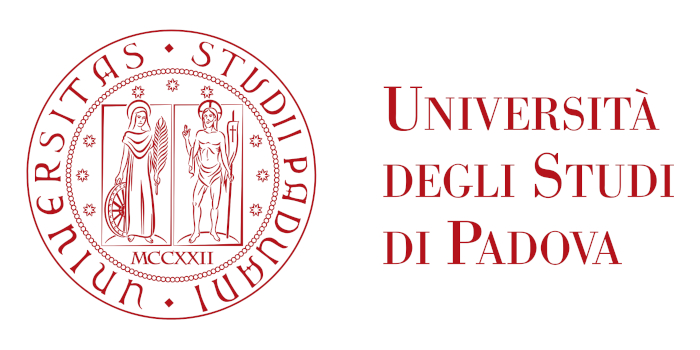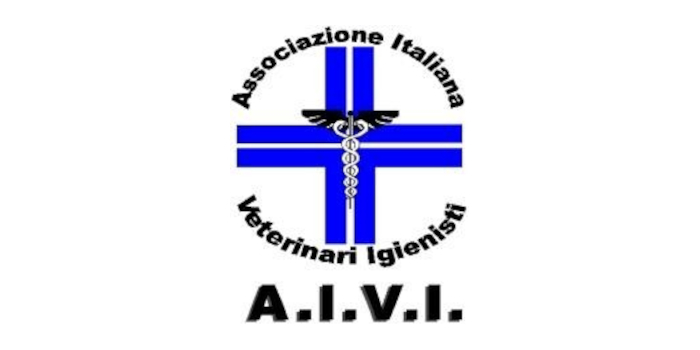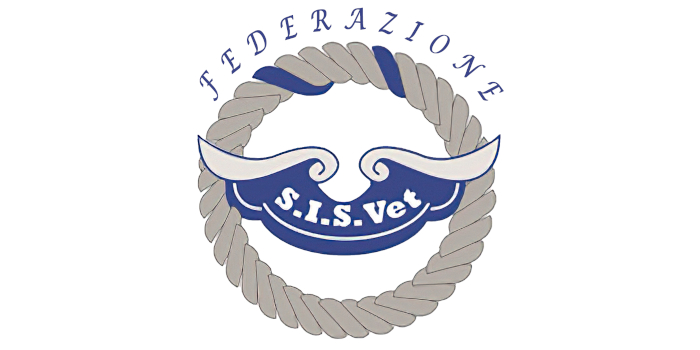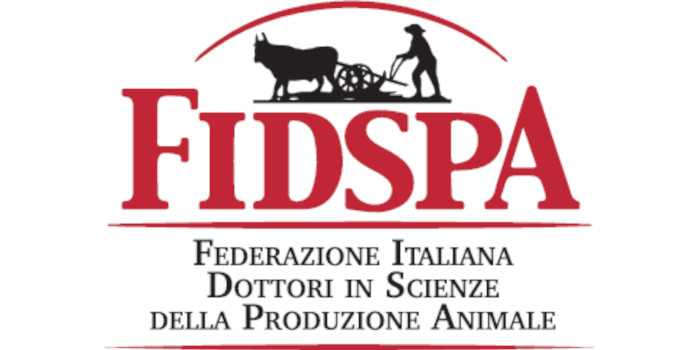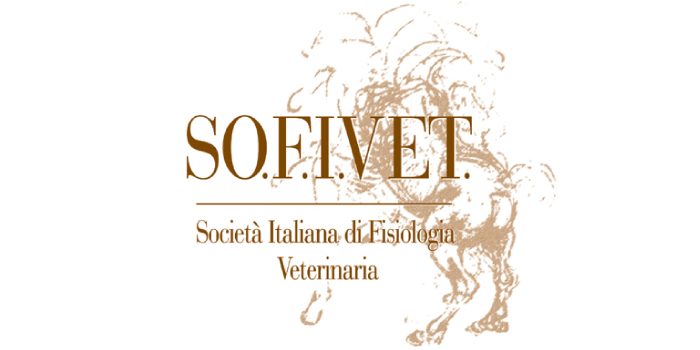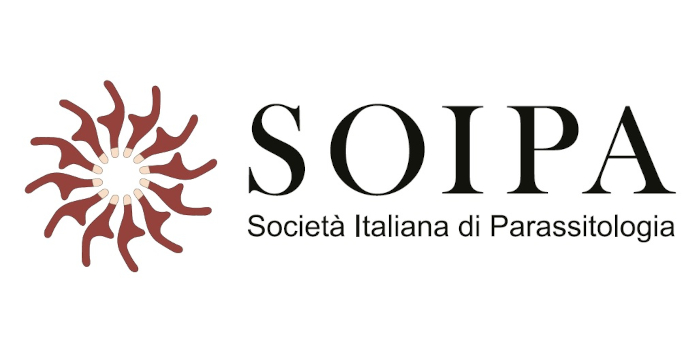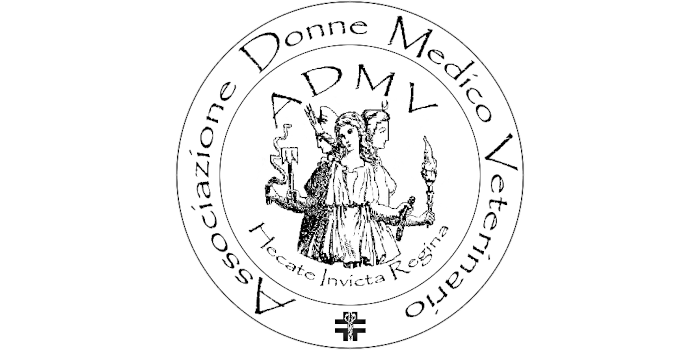SPECIAL SESSION #12
Advanced studies of endogens and xenobiotics in invasive and non-invasive animal matrices
ORGANIZED BY
Valeria Pasciu
Department of Veterinary Medicine, University of Sassari, Italy
Elena Baralla
Department of Veterinary Medicine, University of Sassari, Italy
Ana María Molina-López
Department of Anatomy, Comparative Pathological Anatomy and Toxicology, University of Córdoba, Córdoba, Spain
SPECIAL SESSION DESCRIPTION
This session aims to bring together high-quality recent research on advancements in the determination and evaluation of endogenous parameters in invasive and non-invasive animal matrices, which are highly important to evaluate the state of health in animals. Various endogenous parameters can be altered because of pathological conditions, as well as after contact with xenobiotics. These latter comprise also drugs, feed additives, industrial and agricultural chemicals, environmental contaminants, as well as other exogenous substances. They can have a therapeutic effect (like drugs) or they can act as toxic substances, also depending on the dose and on the differences between animal species. The determination of xenobiotics and the quantification of endogenous parameters in animal matrices is essential in a One Health perspective to evaluate the well-being of the animal, of the environment where it lives, and also of humans who can interact with them. Several times, the monitoring of endogenous parameters and of xenobiotics can be a bit challenging. This is particularly true for wild or protected animals because of the difficulty in obtaining the matrix to analyse.
For this reason, it is highly important to use non-invasive matrices like saliva, urine, and feces, easily available without stressing the animal and without ethically damaging the animal.
ABOUT THE ORGANIZERS
Valeria Pasciu works as a technician in the sector of Physiology at the Department of Veterinary Medicine of the University of Sassari. She graduated in Biological Science (University of Sassari) in 1998 and obtained her specialisation in Clinical Biochemistry in 2002 and PhD in Biochemistry, Biology and Molecular Biotechnology in 2005 (University of Sassari). During her work, she supervises students at the practical training of the reference Sector. She has been teaching as a co-lecturer on ‘Fundamentals of Physiology of reproduction’ in the Degree Courses in Biotechnology (from 2021 to 2023), on ‘Fundamentals of Physiology” in the Degree Courses in Biotechnology and Bioinformatic Analysis (since 2023); also, she has been teaching as a co-lecturer on “Physiology A” in the Degree Course in Veterinary Medicine since 2023. She also lectured for the PhD course in Veterinary Science: “Enzyme immunoassay, spectrophotometric and fluorimetric techniques for the determination of physiological parameters in biological matrices”. She collaborates in the research with the Physiology and with Pharmacology and Toxicology sectors of the department of Veterinary Medicine at the University of Sassari; her main research focuses are the evaluations and quantifications of hormones in invasive and non-invasive animal matrices, the evaluation of oxidative status in animal matrices, and the evaluation of biochemical profiles in animal blood. She is the author and co-author of publications in peer-reviewed international journals, and she is editor and scientific reviewer of different impact-factor journals.
Elena Baralla works as a technician in the Sector of Pharmacology and Toxicology at the Department of Veterinary Medicine of the University of Sassari. She graduated in Chemistry and Pharmaceutical Technologies in 2006 and later obtained her PhD in Biomedical Sciences- University of Sassari in 2011. She has been teaching lectures on Toxicology of contaminants and poisonings in the Degree Course in Wildlife Management, conservation and control, of the Department of Veterinary Medicine since 2019. During her work, she supervises students at the practical training of the reference Sector.
She also collaborates in the research of the Veterinary Pharmacology and Toxicology Sector, and her main research focuses on the identification and quantification of xenobiotics in animal and environmental matrices from a One Health perspective. She is the author and co-author of publications in peer-reviewed international journals, and she is editor and scientific reviewer of some impact-factor journals.
Ana María Molina-López works as an Associate Professor in Toxicology at the Faculty of Veterinary of the University of Córdoba (UCO). Bachelor’s degree in Veterinary, PhD in Veterinary Science from UCO, master’s degree in Toxicology from the University of Seville. Director of the Animal Experimentation Service at UCO (2014-2022). Member of the UCO Animal Experimentation Ethics Committee and the Andalusian Animal Experimentation Committee. Fifth-year veterinary course coordinator. She teaches various subjects in the undergraduate programs of Veterinary (Toxicology), Food Science and Technology (Food Toxicology), and Environmental Sciences (Environmental Toxicology and Public Health), as well as in the master’s program in Veterinary Public Health. Member of the doctoral program in Biosciences and Agri-food Sciences at the International Doctoral School in Agri-food. Member of the Competitive Research Unit on Zoonoses and Emerging Diseases. Her research activity focuses on evaluating the toxicity of environmental and food contaminants, with a special interest in emerging contaminants with endocrine-disrupting activity, thereby contributing to public health and animal welfare from a One Health perspective.



